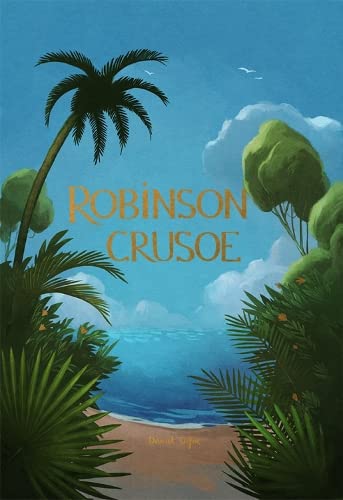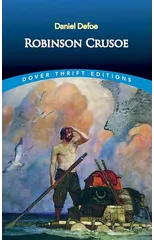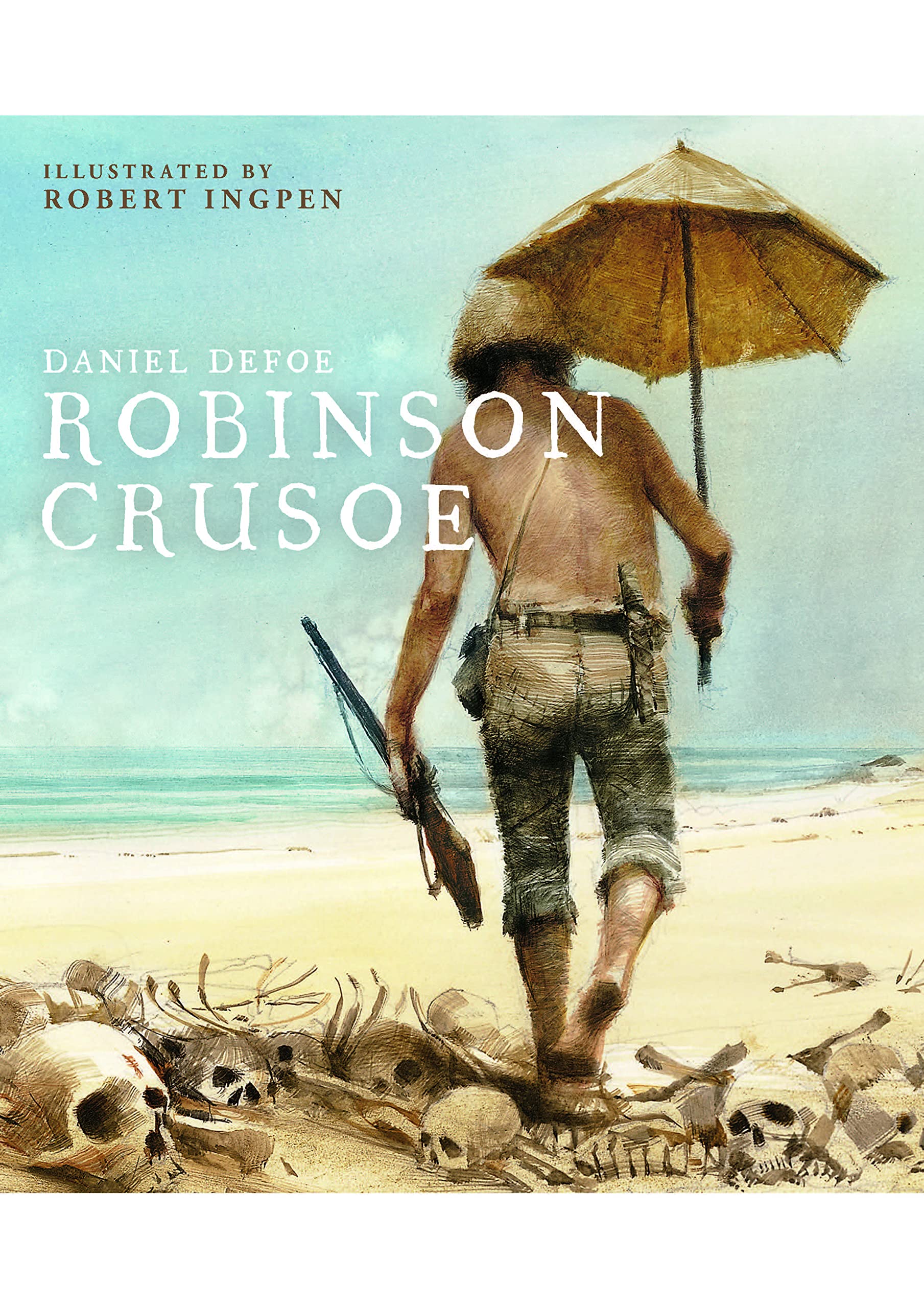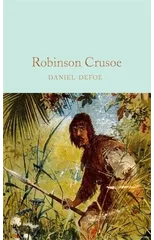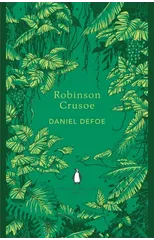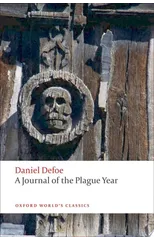With an Introduction and Notes by Doreen Roberts, Rutherford College, University of Kent at Canterbury. From its first publication in 1719, Robinson Crusoe has been printed in over 700 editions. It has inspired almost every conceivable kind of imitation and variation, and been the subject of plays, opera, cartoons, and computer games. The character of Crusoe has entered the consciousness of each succeeding generation as readers add their own interpretation to the adventures so thrillingly 'recorded' by Defoe. Praised by eminent figures such as Coleridge, Rousseau and Wordsworth, this perennially popular book was cited by Karl Marx in Das Kapital to illustrate economic theory. However it is readers of all ages over the last 280 years who have given Robinson Crusoe its abiding position as a classic tale of adventure.
Daniel Defoe
Daniel Defoe was an English writer, journalist, and pamphleteer born in 1660. He is best known for his novel "Robinson Crusoe," which is considered one of the first English novels and a pioneering work in the genre of adventure fiction. Defoe's writing style is characterized by its realism and vivid storytelling, often drawing on his own experiences and observations.
In addition to "Robinson Crusoe," Defoe wrote numerous other works, including "Moll Flanders," "A Journal of the Plague Year," and "The Adventures of Captain Singleton." His works often explore themes of individualism, survival, and the human spirit. Defoe's contributions to literature include popularizing the novel as a literary form and influencing later authors such as Jonathan Swift and Charles Dickens.
Overall, Daniel Defoe is remembered as a groundbreaking writer whose works continue to be studied and admired for their narrative skill and enduring themes.
